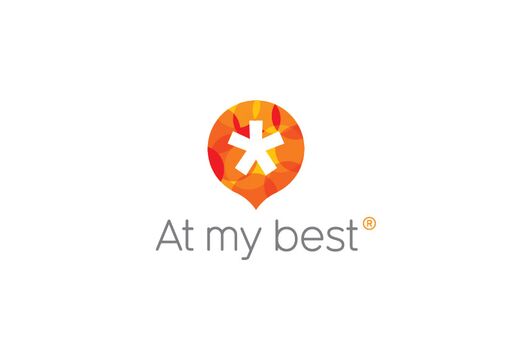Dr Abi Merriel is a Research Fellow in Global Women’s Health at the University of Birmingham. She’s currently running a feasibility study in Malawi aimed at establishing ways to improve the working lives of people who care for and support women in pregnancy and child birth.
As part of an Appreciative Inquiry (AI)* approach, Abi is using At My Best strengths cards in her sessions with health care workers of all levels. They are helping her to create a framework for discovery about what individuals and teams are doing well. The expectation is that this heightened awareness will make it possible to build on strengths – resulting in increased job satisfaction, improved performance and ultimately better outcomes for patients.
*What is AI?
AI is a change management approach used to identify what’s working well and why, so that it’s possible to do more of what’s effective. The basic tenet of AI is that an organisation grows in the direction that the people within it focus their attention.
Rising to a challenge
During her visits to Malawi, Abi was struggling to establish and maintain the philosophy of AI. Returning after a Christmas break, Abi took the At My Best strengths cards to a session to get back on track.
She says, “We used them to bring the team together again, to focus them on the positives, and to get the ethos of Appreciative Inquiry across to people.”
In group-work, Abi asked each individual in a team to pick out cards that showed their strengths. She was quite taken aback by the enthusiastic response. She says, “Everyone got their strength card and wanted to share it. Most people ended up standing up and talking to the larger group.”
In a buoyant atmosphere, there were lots of revelations.

One in particular stood out to Abi. She says, “The amazing moment was when a hospital attendant picked the structure card. He stood up and told us that his strength was that he provided the structure for everyone else to do their job. He said everyone, including him, has a part to play in making sure the system works.
Abi explains why this struck her as a key moment in the session: “In Malawi, the hospital assistant role is kind of a cross between being a cleaner and a health care assistant. They have very general duties and are not that patient focused. His description of why his role was important was really perceptive.”
The powerful interactivity of the session impressed Abi. She says, “People were very engaged and there was a jovial atmosphere. The whole room really got involved and everyone was having a good laugh. When people shared their strengths, others added to them, picking out additional qualities.”
Breaking down barriers
One of the key benefits to Abi of using the strengths cards was that they broke down barriers of culture, language and education. Abi says, “Each individual had the opportunity to talk. The picture element of the strengths cards proved particularly valuable for those who don’t speak English.”

This was very important, as the audience in Abi’s sessions comprises patient-facing hospital attendants; health care assistants; nursing auxiliaries; nurses; medical assistants; and clinical officers. Education ranges from primary level to degree level and there are many people that can’t read well.
Parking ‘the problem’
As focusing on positives is a key part of AI, Abi found the strengths cards to be a great asset. She says, “People are used to looking at a problem and addressing a problem. It’s the way that everyone’s taught. It’s still a challenge all the time to get people to park the negative emphasis and concentrate on the positives.
“The strengths cards allowed us a really good illustration of what happens when you are positive for a period of time. Then we could say, ‘We’ve talked about our strengths and what we’re good at and we can use these things to move forward.’ I think this made people feel a bit more enthused and energetic about AI.”
What’s in it for the professional?
We asked Abi to tell us what she personally liked about using the strengths cards in her sessions. She says, “I just really like the fact that I have a tool to use to get people to focus on the positive, which can be hard. I found it really useful and I enjoyed some of the things that came out of conversations around the cards.
“The process gave me an interesting insight into what people thought of themselves. The most surprising thing was perhaps how people embraced the idea – people really wanted to share their strengths.”
